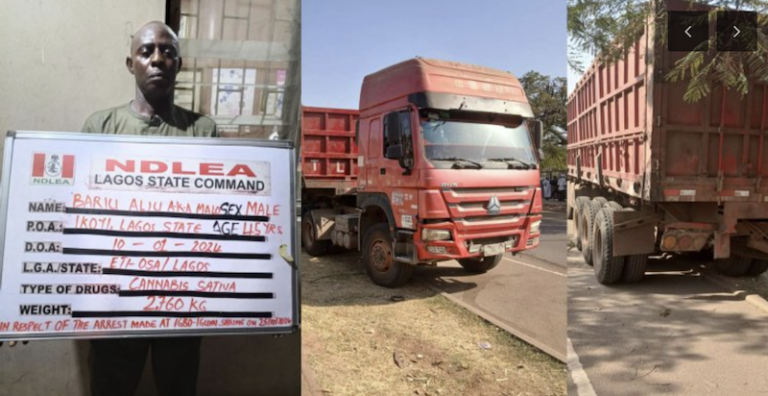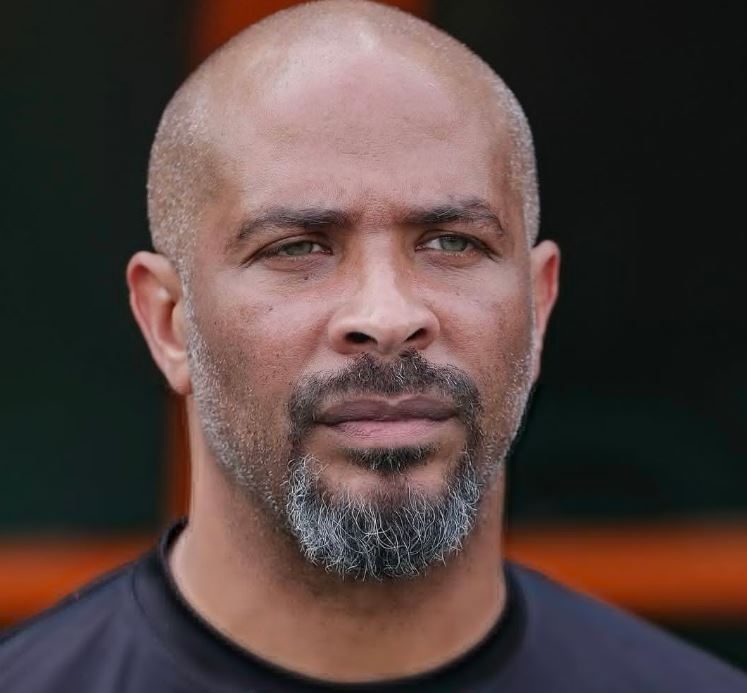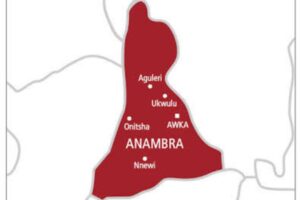NAFDAC: FEC approves N6.2 billion for FCT projects, 40 scan devices
The Federal Executive Council (FEC) presided over by President Muhammadu Buhari on Wednesday approved N5.9 billion for execution of three projects by the Federal Capital Territory (FCT).
Minister of the FCT, Malam Mohammed Bello, made this known when he briefed State House correspondents on the outcome of the Council meeting in Abuja.
He said N2.3billion of the amount was meant for rehabilitation of the road leading to the Federal Integrated Staff Housing Estate in Apo, Abuja, while N3.6billion was approved for the construction of an access road and car park for the Abuja light rail station at ring road II.
The minister said: “During today’s Federal Executive Council meeting, I presented three memos, two of which were on infrastructure and the other was for the purchase of needed equipment to make the city safe.
“The first was for a contract to rehabilitate the road leading to the Federal Integrated Staff Housing Estate in Apo, Abuja, and that contract was approved at the sum of N2.3 billion with a completion period of 24 months.
“As you know, the Federal Integrated Staff Housing Estates are being constructed in some locations in Abuja under the office of the Head of civil Service of the Federation and these estates are intended to provide needed accommodation to federal civil servants.
“The second infrastructure project relates to the contract for the construction of an access road and car park for the Abuja light rail station at ring road II otherwise known as Kukwaba station, which you see on the airport expressway immediately after the city gate near the Kukwaba recreation park under the Ministry of Aviation. The contract was approved for N3.6 billion, with a completion period of 18 months.
“The intention is that by the opening of that road, that railway station can be made functional and then commuters can use the station either when they visit the national park there or they want to have access to the Kukwaba district.”
He further revealed that the Council approved N3.07billion for the purchase of two towing vehicles and a crane for use by the Directorate of Road Traffic Services in the FCT.
“The third is for the purchase of two heavy duty tow vehicles with mounted crane for the Directorate of Road Traffic Services otherwise called Vehicle Inspection Officers (VIO), under the FCT and that particular contract was approved at a total sum of N3,072,466,000 with a duration period for the supply put at six weeks,” he said.
On his part, the Minister of Health, Dr Osagie Ehanire, said the two memos for the National Agency for Food and Drug Administration (NAFDAC) he presented at the meeting, were approved by the Council.
According to Ehanire, the memos are procurement memos meant to upgrade and scale up the capacity of NAFDAC to be able to detect fake and substandard drugs and other materials.
He said: “The first memo was for procurement of about 40 scam devices, which are mobile scan devices to be able to recognise fake and substandard drugs brought in either across the border or found within the country.
“These are like rapid diagnostic kits tests, which also relieve the laboratories because normally you have to take samples to the laboratories, it takes a long time, several days and lead to some delays. So having a through scan allows us to have faster access.
“The second memo is about laboratory strengthening, improving and upgrading all of our six laboratories for NAFDAC for for testing materials that are brought into the country.
“Both of these contribute strongly to what we call the bench benchmarks for NAFDAC to be able to allow the manufacture of vaccines in Nigeria.
“It needs what we call the maturity level 3 of the World Health Organisation, to be able to start manufacturing, we have ambitions to start manufacturing vaccines and the federal government owns 49% of shares in the company called Bio-Vaccines that hopes to use technology imported from outside to make vaccines and getting this benchmark maturity level 3 is a condition for it.
“So both of these memos, the upscaling of laboratory capacity and the ability to speed up and make diagnostics more accurate in respective of fake and substandard drugs, will help us to push to apply for maturity level 3 for the health sector.’’
On Nigeria’s access to COVID-19 vaccines, the ministers said the vaccines would be supplied to the country through three sources, namely; the COVAX facility set up by the World Health Organisation and Global Alliance for vaccines and immunization (GAVI); African Vaccine Acquisition Task Team (AVATT) and through bilaterals
He said the vaccines would be provided to Nigerians free-of-charge, saying the COVAX facility would cover about 20 per cent of the nation population with vaccines.
“Now, the COVAX will start delivering to African countries before the end of February, that’s what they told us. But they didn’t tell us which country is first or which is second, which is third.
“So COVAX begins to deliver before the end of February. We hope that before the end of this month it would be our turn or latest by beginning of next month.
“As for us here, we are ready to use vaccination once it arrives, we met all the conditions.
“They have asked us to sign an indemnification form, we have done that.
Indemnification means that you do not hold us responsible for anything that happens from using this vaccine. That’s a standard process.
“We have signed that indemnification and so we are waiting for the vaccines to arrive anytime.
“Now, the largest number of vaccines we are getting is AstraZeneca in Africa, and this AstraZeneca is made under the licence. It’s a UK vaccine but is manufactured under licence by the Serum Institute of India.
“So Serum Institute of India is donating all these vaccines,’’ he said.











Post Comment